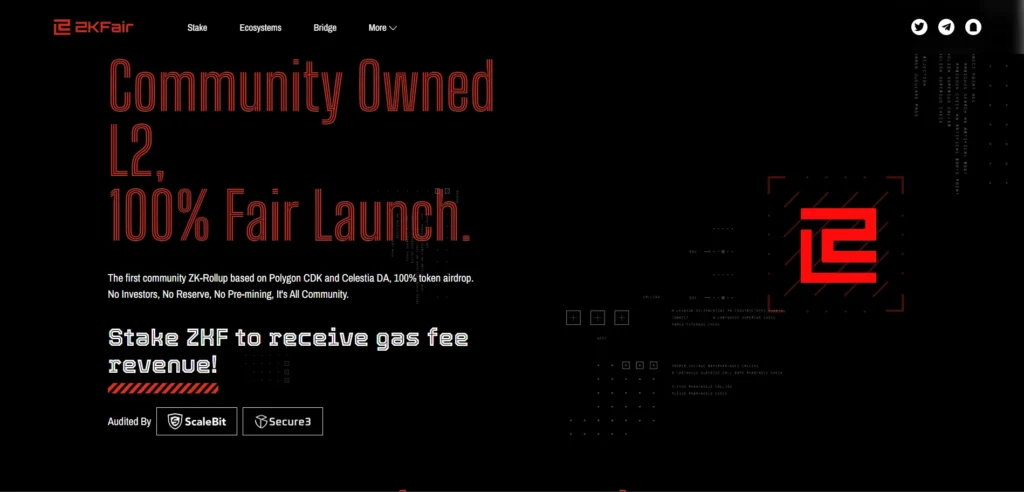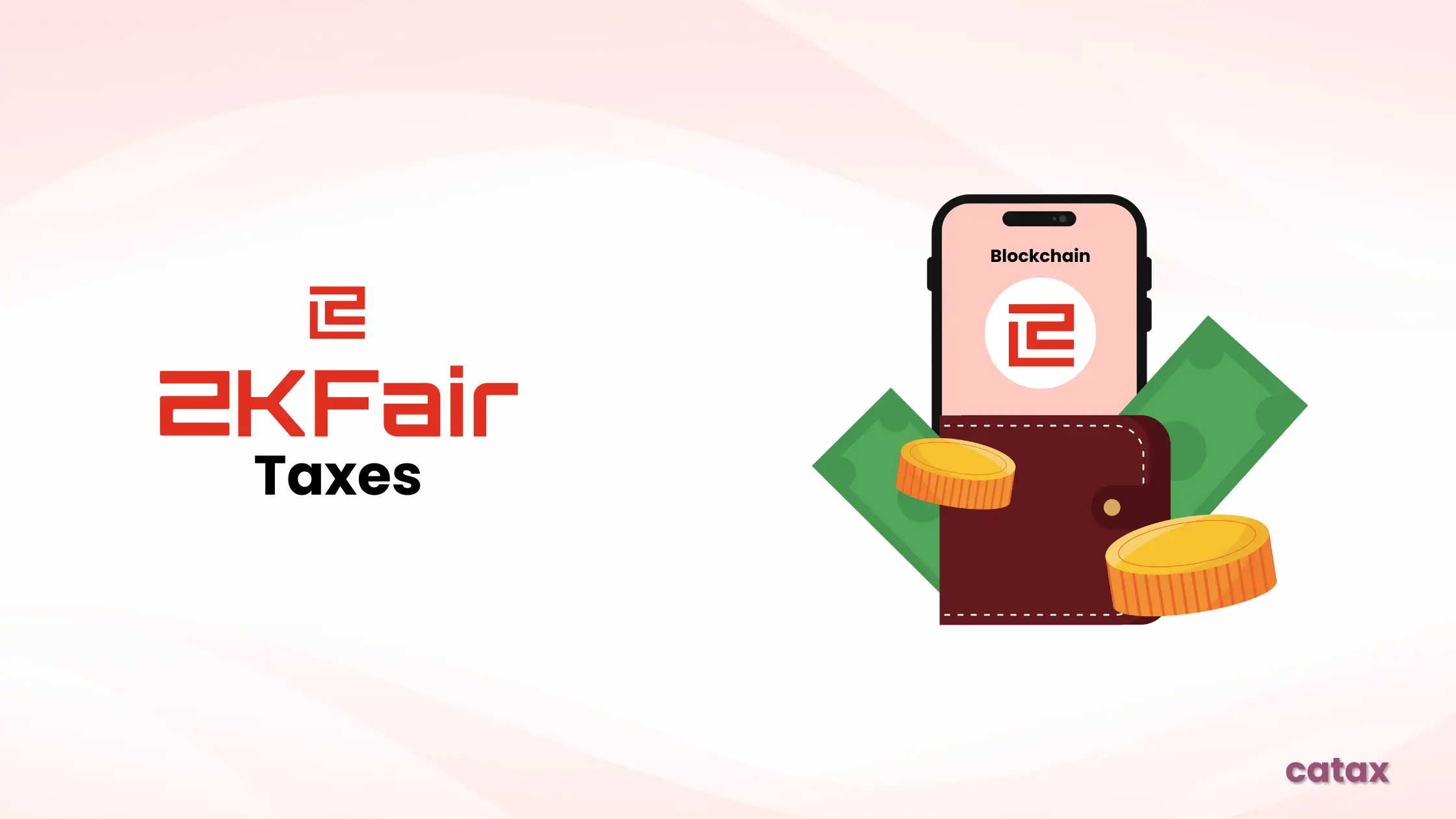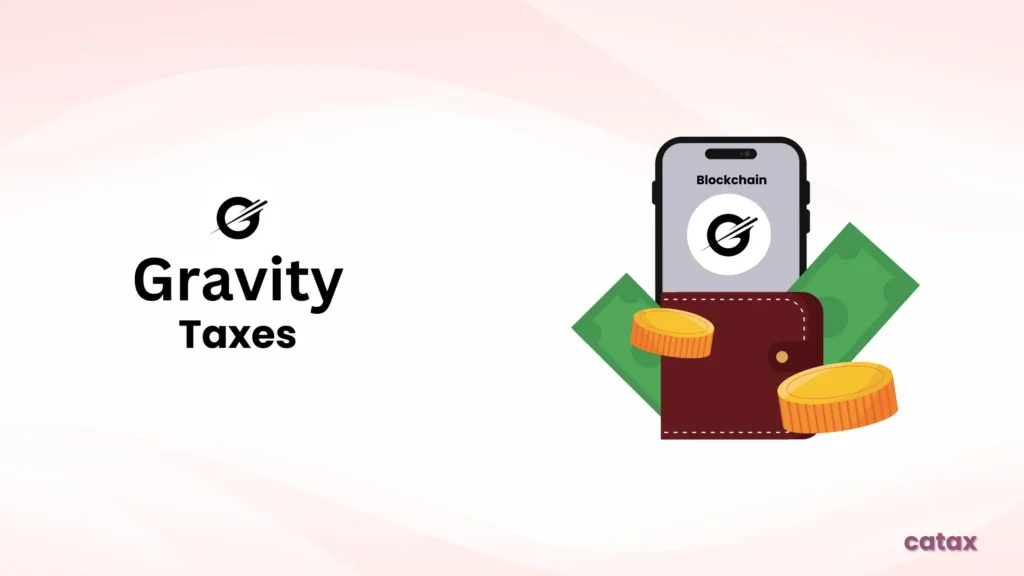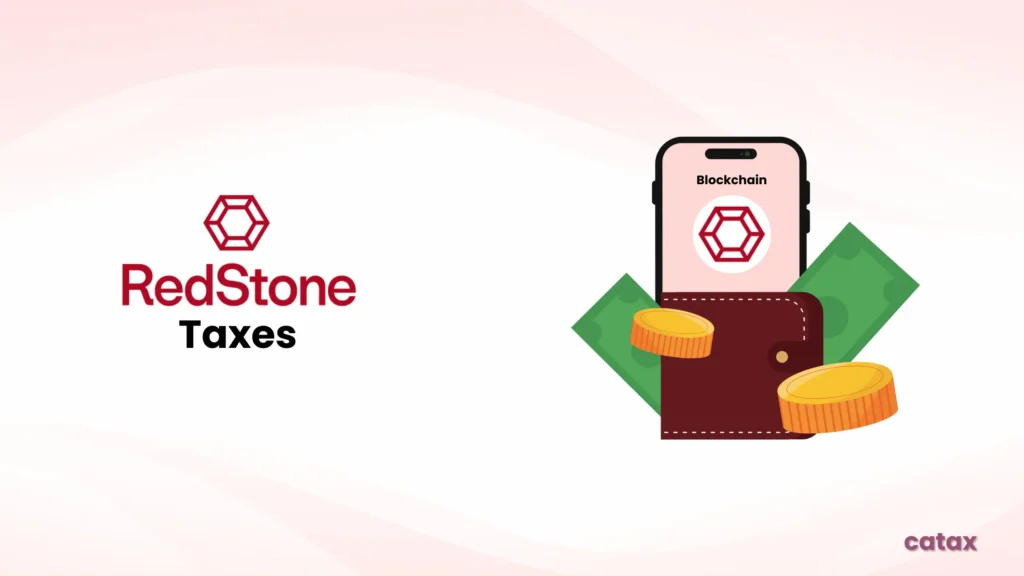Crypto tax rules vary from country to country, and ZKFair (ZKF) transactions may be taxed differently depending on local laws. Whether you buy, sell, trade, or stake ZKFair, knowing how your country’s tax authorities classify these activities helps you stay compliant and avoid penalties.
This guide breaks down ZKFair taxation in simple terms so you can handle your crypto taxes confidently and meet your legal responsibilities smoothly.

- How to Connect Your ZKFair Wallet to Catax
- Are ZKFair Transactions Taxable?
- When Do You Have to Pay Taxes on ZKFair?
- Can You Deduct Trading Fees and Other Costs?
- How Is ZKFair Taxed Based on Holding Period?
- How Is Staking Income Taxed?
- Can You Claim ZKFair Losses for Tax Benefits?
- How to Stay Compliant with ZKFair Tax Rules
How to Connect Your ZKFair Wallet to Catax
To easily track your ZKFair (ZKF) transactions and calculate taxes, follow these steps to connect your wallet to Catax:
- Open your ZKFair wallet or use a supported block explorer (like MetaMask, Trust Wallet, Ledger, or any other compatible wallet).
- Copy your public wallet address from your ZKFair wallet.
On Catax:
- Log in and select your country.
- Select the chain, then search for ZKFair Wallet.
- Paste your public wallet address and click Connect.
Once connected, Catax will automatically track all your ZKF transactions, making crypto tax reporting simple and hassle-free.
Calculate My Taxes ➤Are ZKFair Transactions Taxable?
Yes, in most countries, ZKFair (ZKF) transactions are taxable. Depending on how you use ZKF, tax authorities may classify it as a capital asset, property, or income.
When Do You Have to Pay Taxes on ZKFair?
You may need to pay taxes in the following situations:
- Selling ZKF for a profit — If you sell ZKF for more than you paid, the profit is usually subject to capital gains tax.
- Trading ZKF for another crypto — Swapping ZKF for BTC, ETH, or any other token may be considered a taxable event.
- Using ZKF to make purchases — Spending ZKF on goods or services may trigger capital gains tax if its value has increased since you acquired it.
- Earning ZKF from staking — Staking rewards are often treated as income and may be taxed at the time you receive them.
- Getting paid in ZKF — If you receive ZKF as payment for work or services, it’s usually taxed as income based on its market value at the time you receive it.
Since tax rules can vary widely, it’s important to check your country’s specific laws for accurate guidance.
Can You Deduct Trading Fees and Other Costs?
Whether you can deduct expenses related to ZKF depends on your country’s tax rules.
Some places allow deductions for:
- Trading fees when buying or selling ZKF.
- Network or transaction fees when moving ZKF between wallets.
Other countries may only allow:
- The original purchase price of ZKF (called the cost basis) and exclude other costs.
Make sure to review your local tax regulations or consult a tax professional for clarity.
How Is ZKFair Taxed Based on Holding Period?
In many countries, the tax rate on ZKF profits depends on how long you’ve held the tokens:
- Short-term (less than 1 year) — Often taxed as regular income.
- Long-term (more than 1 year) — May qualify for lower tax rates in some places.
- Flat-rate systems — Some countries apply a fixed tax rate, regardless of the holding period.
Understanding these rules can help you plan smarter and reduce potential tax liabilities.
You can also check out our Country-Specific Guide for Crypto in Your country. This guide provides insights on regulations, tax implications, and compliance measures breifly explained for each country.
How Is Staking Income Taxed?
Staking ZKFair can bring in passive income, but how it’s taxed depends on your country.
Here’s how different places handle staking rewards:
- Taxed as income — Many countries tax staking rewards when you receive them, based on their market value at that time, applying your personal income tax rate.
- Taxed as capital gains — Some countries only tax staking rewards when you sell or exchange them, meaning you pay tax on the profit made at the time of sale.
Knowing how your country treats staking income is important, especially because you may owe taxes even if you haven’t sold your rewards yet.
Can You Claim ZKFair Losses for Tax Benefits?
If a ZKF trade doesn’t go as planned and you take a loss, you might still benefit by reporting the loss on your taxes — depending on your local rules.
Different tax systems handle crypto losses in different ways:
- Loss offsets — Some countries let you subtract ZKF losses from other crypto gains, reducing your overall taxable income.
- Loss carryforward — If you don’t have profits this year, some tax systems let you carry losses forward to offset future tax bills.
- Limited or no deductions — In some places, crypto losses can’t be deducted at all, meaning you won’t get tax relief for selling at a loss.
To claim any tax benefits, be sure to keep detailed records of your ZKF transactions, including dates, amounts, prices, and exchange details.
How to Stay Compliant with ZKFair Tax Rules
Crypto tax laws change frequently, so staying compliant with ZKFair taxes is essential. Here’s how to keep things in order:
- Understand how your country classifies ZKF — Does it count as capital gains, income, or business revenue?
- Check what’s deductible — Expenses like staking rewards, trading fees, or hardware wallets may qualify for deductions.
- Track all ZKF transactions — Whether buying, selling, staking, or spending, keep detailed records.
- Use a crypto tax tool like Catax — Catax can help automate transaction tracking and tax calculations, saving you time and effort.
- Consult a tax expert — If you’re unsure, a crypto-savvy tax advisor can help ensure you meet local tax rules.
By staying informed and organized, you can manage your ZKFair taxes confidently and avoid unexpected surprises.
Book a Free Consultation Now →

